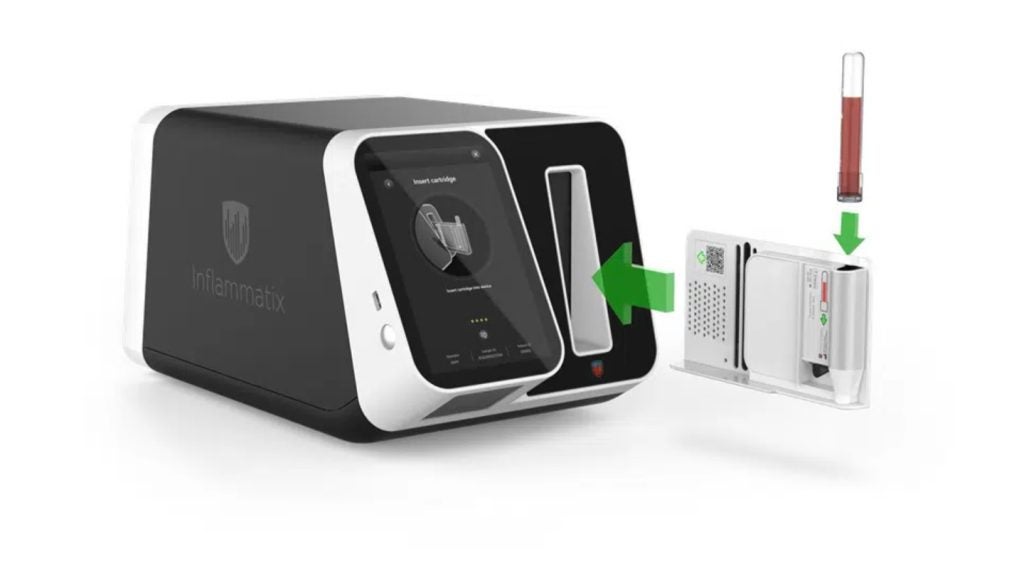Amongst the wave of artificial intelligence (AI) technology that is being showcased at the Radiological Society of North America (RSNA) annual meeting, GE HealthCare has launched the MyBreastAI suite – a platform of AI apps to help with breast cancer detection and workflows.
GE HealthCare debuted more than 40 new innovations at the ongoing radiology meeting in Chicago, US from 26-30 November.
The medtech giant’s MyBreastAI suite was no exception from the AI-focused innovations. The platform integrates three AI applications from software developed by iCAD, according to a 27 November press release. The applications, part of iCAD’s ProFound Breast Health Suite, include tools to help with the breast imaging workflow.
The software can help prioritise cases by assessing lesion scores, marking regions of interest on mammograms, and helping standardise breast density assessments to reduce variability across radiologists.
GE HealthCare’s vice president and general manager of mammography Pooja Pathak said: “We continue to explore how we can leverage the power of AI in mammography to support the early detection of breast cancer.”
GE HealthCare said the suite will first be made available in the US.
Medical imaging is a major driver of AI’s growth in healthcare – a 2023 report by GlobalData predicts that global revenue for AI platforms across healthcare will reach $18.8bn by 2027.
However, some in the industry have called for more solid digital foundations in healthcare systems if AI’s implementation is to succeed in the long term.
It’s been a busy month for GE HealthCare in radiology clearances. Today at RSNA, GE HealthCare announced US Food and Drug Administration (FDA) clearance of its Critical Care Suite 2.1 for AI-assisted pneumothorax detection and diagnosis.
The platform can notify users of the presence of a pneumothorax by placing an overlay on the suspected region on the X-ray. GE HealthCare says its algorithms can speed up diagnosis of the condition, as well as improving accuracy.
The company reported a 96% accuracy in detecting small pneumothoraxes, and a 100% accuracy for larger ones.
Last week, the FDA also cleared an updated version of GE HealthCare’s Digital Expert Access. The platform now comes with the ability for radiologists to remotely conduct magnetic resonance imaging (MRI) scans from a remote location.
Despite the buzz around its technologies, shares in GE Healthcare were down this week after UBS downgraded its sentiment from Neutral to Sell, pointing toward a narrower earnings margin and a cautious outlook.















